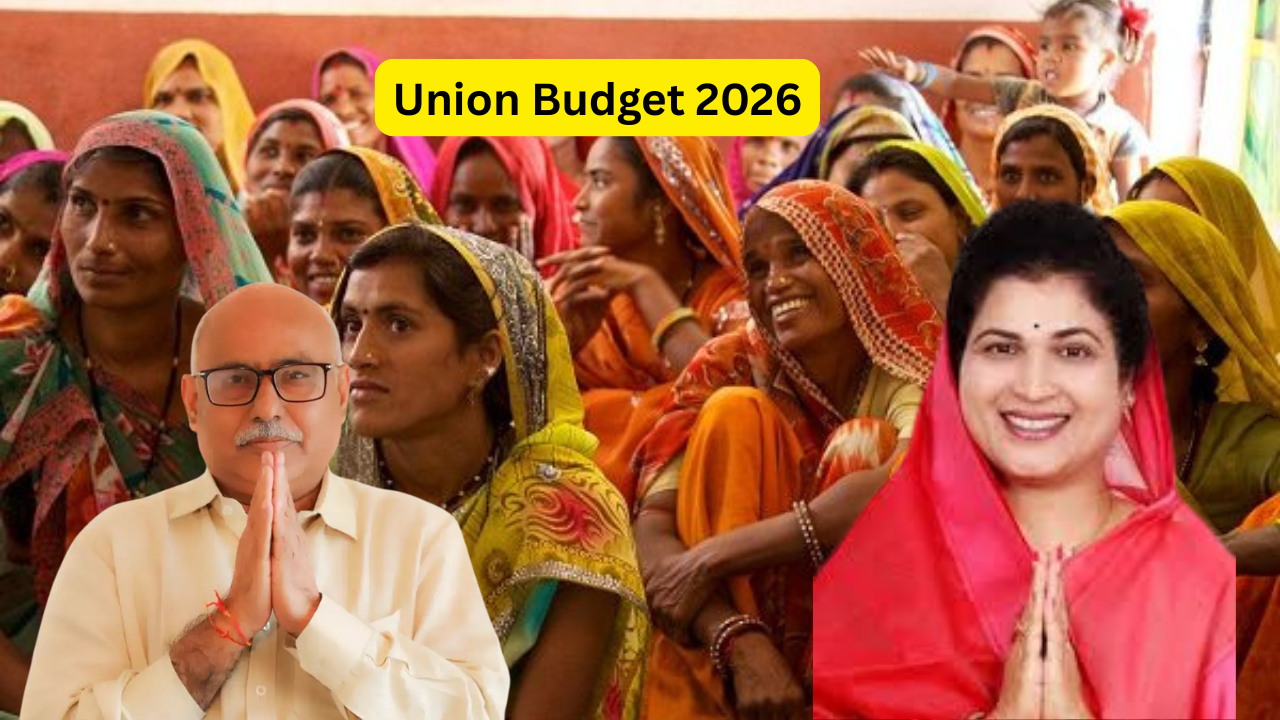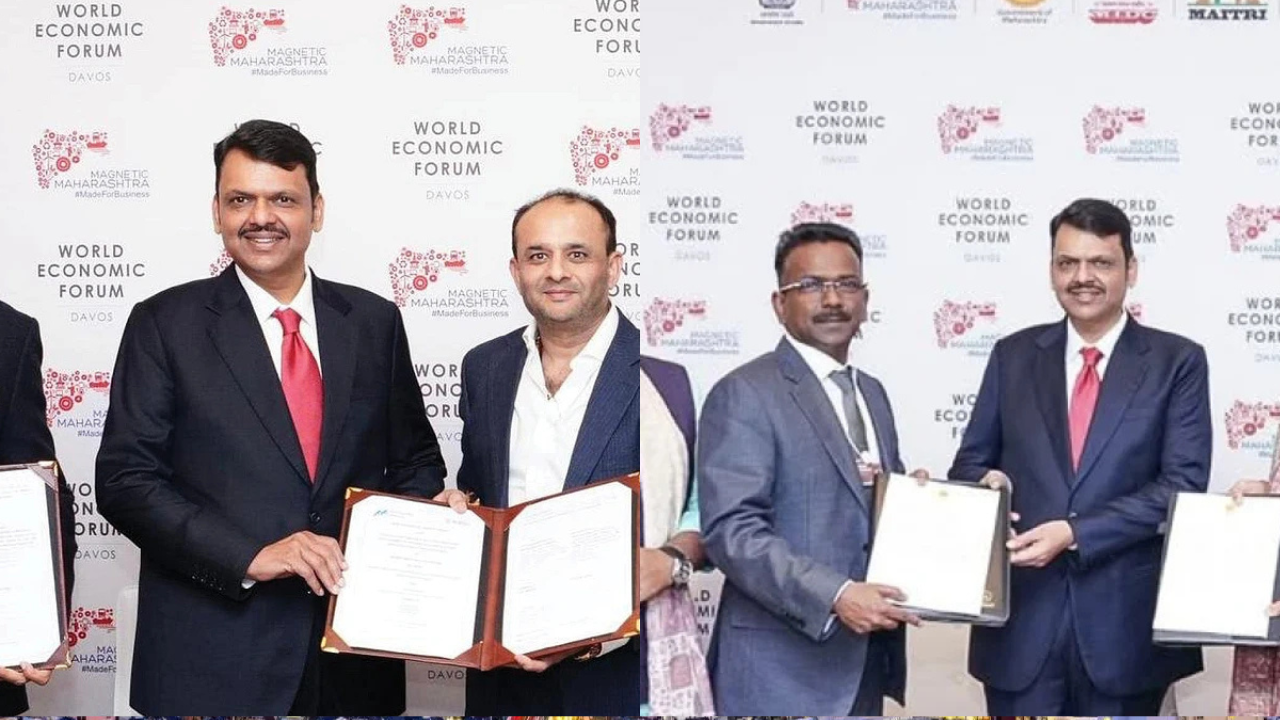Climate finance Review
Climate finance plays an important role in maintaining developing countries’ confidence in future climate change negotiations. Issues related to climate finance are likely to be the focus of the Conference of the Parties (COP 28) meeting (30 November – 12 December) in Dubai, in the context of Climate Change 2023: Synthesis report provides important input for global scientists’ assessments at COP The report indicates that the current temperature rise of 1.1 degrees Celsius is responsible for recurring dangerous weather conditions, which will be included in the global assessment.
- This amount is insufficient given the challenges facing developing countries in transitioning to a low-carbon development path capable of adapting to climate change. Providing financing to developing countries is an implementation of the basic principle of common but differentiated responsibilities and corresponding capabilities.
Full climate finance estimates
Developed countries are obligated to provide financial resources to developing countries. Under Article 9 of the Paris Agreement on climate change, developed countries are also required to provide information in their biennial update reports (BURs) on the financial resources they have provided, as well as the expected level of public financing to be made available. To developing countries.
- The Paris Agreement builds on the decisive efforts of all parties set out in their nationally determined contributions, which include the mitigation efforts each party will undertake over the next five years. All NDCs combined provide the probability of exceeding the 1.5°C target temperature. Considering the needs of countries of the Global South as expressed in their Nationally Determined Contributions, the amount identified for the first time is close to US$6 trillion by 2030. For India, the third Biennial Update Report stated that the need for its financial needs arises from its Nationally Determined Contributions for Adaptation and mitigation. . In the period 2015-2030, this amounts to US$206 billion and US$834 billion, respectively.
Most of the financing needed to transition from conventional systems to cleaner, low-carbon energy systems will not be financed through the financing mechanisms set out in the agreement. United Nations framework on climate change. Moreover, India reiterated its call for a just transition at COP27 as “3.6 million people across 159 districts in India participate in the fossil fuel economy through direct or indirect jobs related to coal mining, coal and the power sector.” They will need to be supported with appropriate economic and livelihood opportunities.
Copy this action
The strong political will, remarkable urgency and enlightened self-interest of Global North elites were clearly demonstrated in the collapse of global public interest (well. global financial regulation) in 2009-2010, when G20 governments responded quickly to the global crisis. The global financial crisis, mobilizing $1.1 trillion within a few weeks to support the International Monetary Fund and multilateral development banks to rescue the global financial system. Unfortunately, these elements are missing when it comes to transferring the climate finance needed from developed to developing countries to protect another global commons: the atmosphere.
For more information visit at https://happenrecently.com/zepto/?amp=1
Source: www.thehindu.com
















